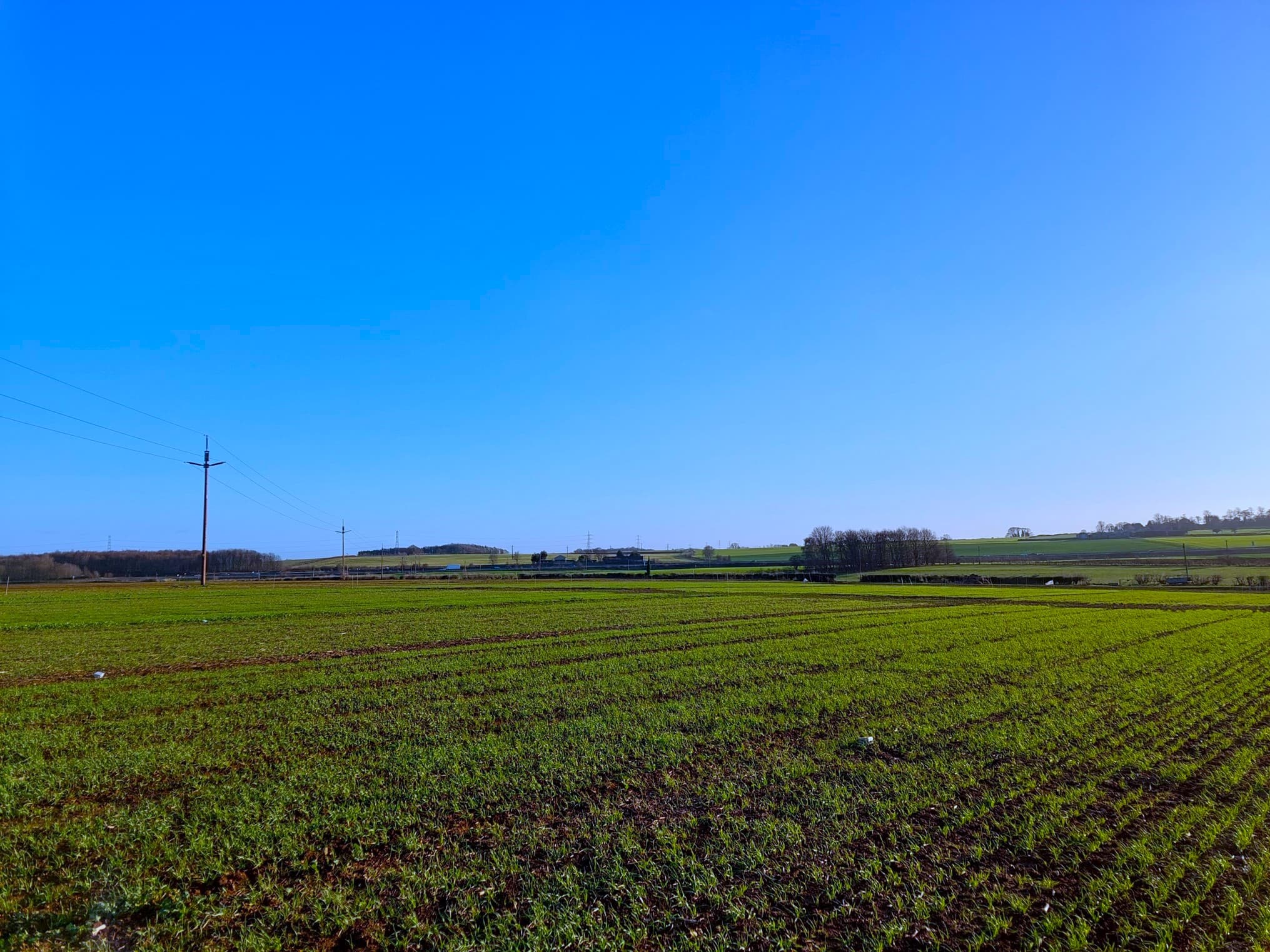An expert discussion on regenerative agriculture and sustainable soil management in Turkmenistan was held in Ashgabat. The issue is extremely relevant - how to properly grow crops and animals in today's climate change conditions, the fight against global warming and in accordance with modern environmental standards.
Experts believe that regenerative agriculture can solve the problem. Its main feature is the ability to restore balance in ecosystems. Here, unlike traditional agriculture, it is important to preserve the integrity of biocenoses.
For example, ungulates that graze in one place trample the soil, after which it “burns out” and requires long-term restoration. Plants here have fewer nutrients - amino acids, potassium, manganese, etc., which the animals themselves do not receive, becoming less productive. Therefore, scientists are beginning to prepare recommendations for rotational grazing of livestock - it allows for pasture conditions to be brought as close as possible to the natural conditions that exist in the wild.
Another method of saving ecosystems is the correct selection of agricultural crops. According to exports, when choosing varieties for regenerative farming, specialists pay attention to two indicators: emission, that is, the amount of carbon dioxide released from the soil, and sequestration - the absorption of this gas by plants. Ideally, plants should "use" all the released CO2.
What kind of direction this is, how it is developing in our country and what solutions scientists offer to promote it were discussed at a meeting on February 21 at the Yildiz Hotel. The event was organized by the Ministry of Environmental Protection of Turkmenistan and the British Embassy.
British Ambassador Stephen Conlon, a representative of the Ministry of Environmental Protection of Turkmenistan and FAO Senior Land and Water Specialist, Secretary of the Global Soil Partnership (GSP) Thorunn Wolfram Petursdottir made a welcoming speech.
Participants were shown the documentary film Six Inches of Soil, which follows young British farmers using regenerative farming to restore soils, protect human health and biodiversity. The film addressed the problems caused by industrial agriculture, such as soil degradation and climate change.
In presentations and panel discussions, experts discussed the following issues:
What is regenerative agriculture? Why is it important and what are its potential benefits for farmers, the economy and the people of Turkmenistan? What are the barriers/challenges in moving towards regenerative agriculture in Turkmenistan and what are potential ways to overcome them? What critical issues related to climate, soil conditions and the agricultural economy of Turkmenistan can regenerative agriculture address? What are the impacts on the environment – nature, biodiversity, rivers, etc.? Food supply chains – local, national, regional in Central Asia? Local topics, such as droughts, land degradation and salinization, water scarcity, etc. Climate change - for example, adaptation to new realities? How much carbon can soil absorb? What can we do as policymakers, farmers and individuals?
Professor Bob Doherty, Director of the FixOurFood research programme at the University of York (UK), shared at the meeting the experience of regenerative agriculture using the example of the transformation of UK food systems.
Rahmanberdi Khanekov, National Manager of the FAO Regional Project “Integrated Natural Resources Management in Drought- and Salinity-Affected Agricultural Landscapes in Central Asia and Turkey” (CACILM-2), spoke about FAO’s strategic work on soil restoration, agroecology and efficient land management in Turkmenistan.
Professor Nicola Randall, Director of the Centre for Science-Based Agriculture at Harper Adams University (UK) and Dr Simon Jeffery, Professor of Soil Ecology at Harper Adams University (online) spoke about the advantages and disadvantages of using a regenerative agriculture approach.
Professor Lindsay Stringer, Director of the York Environmental Sustainability Institute (YESI), University of York (UK), shared via video link lessons from African and South American countries on scaling up and implementing regenerative climate-smart agriculture practices by farmers.
Dr Lucy Crockford, Senior Lecturer in Soil and Water Management at Harper Adams University in the UK, also joined online to discuss natural processes for cleaner water.
The conference discussed the importance of moving towards sustainable farming practices to help address issues of soil degradation, climate change and water scarcity. The discussion was followed by open discussions and a Q&A session.
ORIENT news
